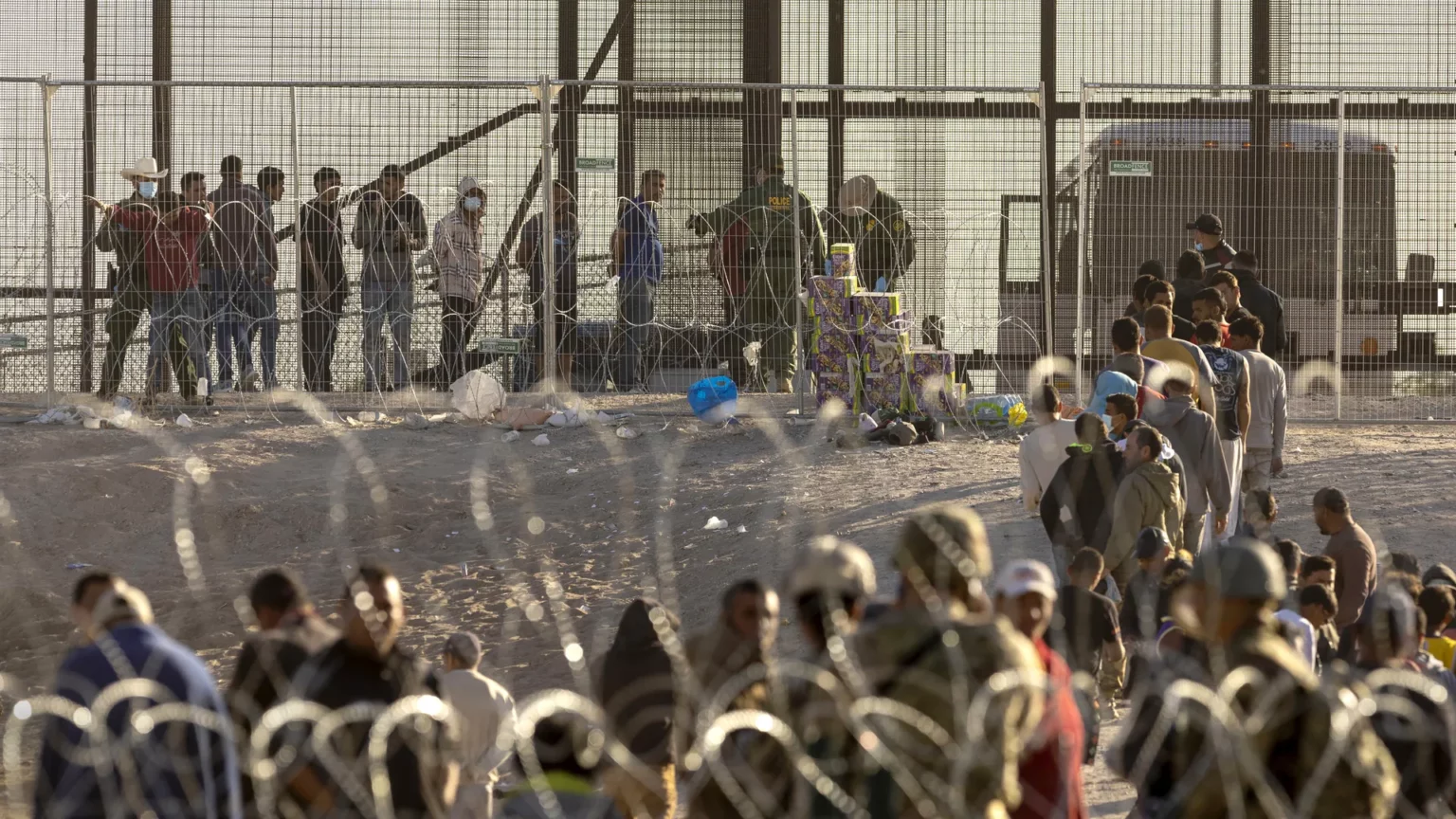A newly published report from two renowned human rights advocacy organizations, the Washington Office on Latin America (WOLA) and the Kino Border Initiative (KBI), has brought attention to a profoundly concerning problem at the US-Mexico border. The report exposes a distressing trend of human rights abuses carried out by agents of the US Customs and Border Protection (CBP) against migrants and asylum seekers.
The findings of the report paint a grim picture of misconduct and violation of human rights. Among the abuses documented are instances of lethal force being misused, intimidation tactics, sexual harassment, and falsification of documents. Perhaps even more concerning is the lack of adequate accountability for the agents involved, which has allowed these violations to persist without consequence.
The report brings to light the challenges faced by migrants seeking to file complaints against abusive agents. The accountability process is described as opaque, bewildering, and slow-moving, making it difficult for victims to seek justice and hold perpetrators accountable. Shockingly, the report reveals that 95% of the 78 CBP complaints filed between 2010 and 2022 failed to receive proper investigation or disciplinary action.
The personal accounts shared by some of the victims serve as a stark reminder of the harsh reality at the border. One migrant, who experienced mistreatment at the hands of CBP agents, bravely stressed the importance of standing up for one’s rights, asserting, “If the border patrol hits you, demand your rights, because we all have rights.”
The report’s revelations underscore the urgent need for action to address these serious human rights abuses. WOLA and KBI have put forward over 40 recommendations aimed at reforming the accountability process, enhancing congressional oversight, and improving transparency within the CBP.
It is crucial to recognize that most CBP officers aim to adhere to best practices, but the report highlights the critical importance of holding those who commit abuses accountable to prevent further instances of cruelty. Tragically, the report also draws attention to the case of 8-year-old Anadith Danay Reyes Alvarez, whose death in CBP custody remains one of the most serious and concerning cases of abuse.
Advocates stress that a well-governed US-Mexico border can harmoniously accommodate humane treatment of migrants and asylum seekers, despite the report’s findings. Addressing the concerns outlined in the report and establishing accountability within the CBP are crucial measures to safeguard human rights and preserve dignity at the border.
As the report continues to draw attention and spark debate, there is a growing call for comprehensive reforms and stronger measures to prevent future abuses and protect the rights of those who seek a better life at the US-Mexico border. Only by facing these challenges head-on can we hope to create a more just and compassionate immigration system.




